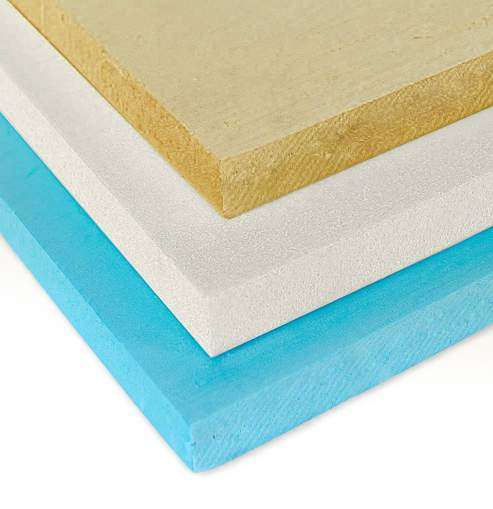
Corrosion is a common problem in the electronics industry, where metal components are exposed to harsh environments and corrosive substances. Corrosion not only affects the performance and lifespan of electronic devices but also poses safety risks. To prevent corrosion in electronics packaging, various corrosion prevention methods are used, including VCI foam. VCI foam is a popular choice for corrosion protection, particularly for sensitive electronic components. In this blog, we’ll discuss what VCI foam is, how it protects against corrosion, the benefits of using VCI foam for corrosion prevention in electronics packaging, compare VCI foam with other anti-corrosion packaging materials, and how to select and install VCI foam for optimal corrosion protection.
What is VCI Foam and How Does it Protect Against Corrosion?
VCI foam is a type of foam material that contains vapor corrosion inhibitors (VCIs). VCIs are chemical compounds that release vapor molecules that form a protective layer on the metal surface, preventing it from coming into contact with moisture and oxygen, which are the main causes of corrosion. VCI foam is easy to use and is available in various forms, including sheets, rolls, and pouches, making it suitable for protecting different types of electronic components.
Benefits of Using VCI Foam for Corrosion Prevention in Electronics Packaging
VCI foam offers several benefits for corrosion prevention in electronics packaging. Firstly, VCI foam provides long-term corrosion protection, which is crucial for sensitive electronic components that may be stored for extended periods. Secondly, VCI foam is a non-toxic and environmentally friendly option, which is important for electronics manufacturers that require safe and sustainable solutions. Additionally, VCI foam is easy to install and does not require any special equipment or expertise, making it a cost-effective solution for corrosion prevention.
VCI Foam vs. Other Anti-Corrosion Packaging Materials: Which is Right for You?
VCI foam is not the only anti-corrosion packaging material available. Other options include desiccants, moisture barrier bags, and coatings. Each material has its advantages and disadvantages, depending on the application. Desiccants absorb moisture from the air, while moisture barrier bags prevent moisture from entering the packaging. Coatings provide a protective layer on the metal surface, while VCI foam inhibits corrosion by releasing vapor molecules. VCI foam is a versatile option that can be used in various applications, including electronics packaging, and is effective in preventing corrosion in difficult-to-reach areas.
How to Select and Install VCI Foam for Optimal Corrosion Protection
Selecting and installing VCI foam correctly is essential for optimal corrosion protection. When selecting VCI foam, consider the type of metal component, the environment it will be stored or transported in, and the required level of protection. VCI foam is available in different sizes and forms, so choose the appropriate one for the application. When installing VCI foam, ensure that the metal component is clean and dry before placing it in the foam. Additionally, ensure that the foam is completely sealed around the component to prevent moisture and oxygen from entering.
In conclusion, VCI foam is an effective solution for preventing corrosion in electronics packaging. VCI foam contains vapor corrosion inhibitors that form a protective layer on the metal surface, preventing it from coming into contact with moisture and oxygen. VCI foam offers several benefits, including long-term corrosion protection, non-toxic and environmentally friendly, and easy to install. Read Also

